When single mother K* sped through the streets of Melbourne on the back of a motorcycle, the middle-aged divorcee felt 18 again.
The man who brought that spark back into her life was Mark* — "mature, responsible, and emotionally intelligent", as she described him.
He was Caucasian, ostensibly in his 50s and claimed to be British but raised in Australia since childhood.
They met online in September 2020, at the height of the COVID-19 pandemic, when isolation weighed heavily on K — as it did for many others.
"He said he admired my independence and courage," K recalled. "He would text me late at night to encourage me."
"I truly believed I'd met someone who understood me."
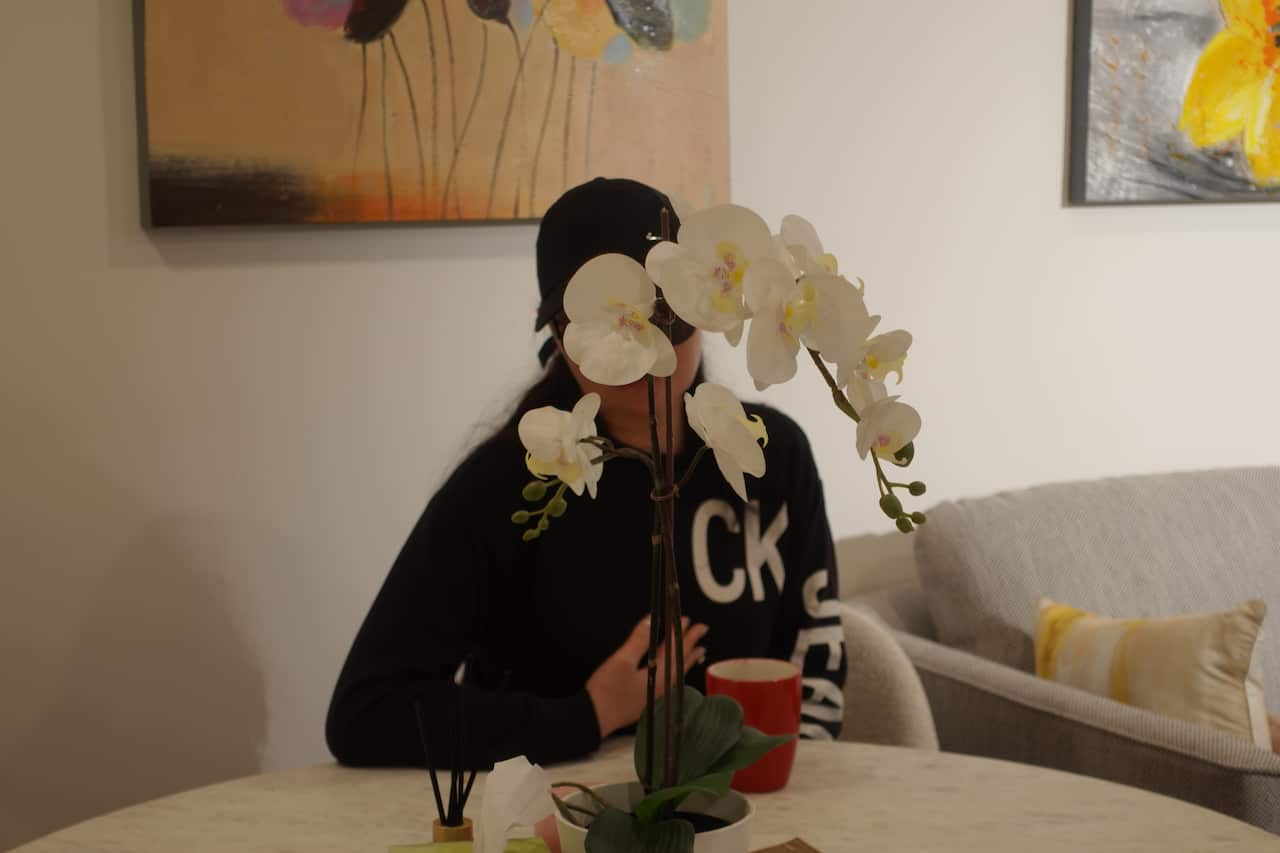
Divorced more than a decade ago, K had raised her two sons on her own.
Her younger son was still a baby when his biological father left and had grown up without a father figure.
So, when Mark started taking the boy to play soccer, K thought she had finally found the missing piece in her family.
That illusion was shattered the day another woman, Jessica*, appeared at her door claiming to be Mark's girlfriend.
'We now have a group chat'
After a heated confrontation, the two women discovered the truth: Mark had been dating them both for a year — spending weekends with K and weekdays with Jessica. Both had met him on dating apps.
And they weren't alone.
Soon, more women came forward — all Chinese single mothers, financially independent, with property and savings.
"We now have a group chat," K said. "Everyone in it is verified — real names, phone numbers. So far, we've confirmed at least five victims. Some of them were tricked by him as far back as 10 years ago."
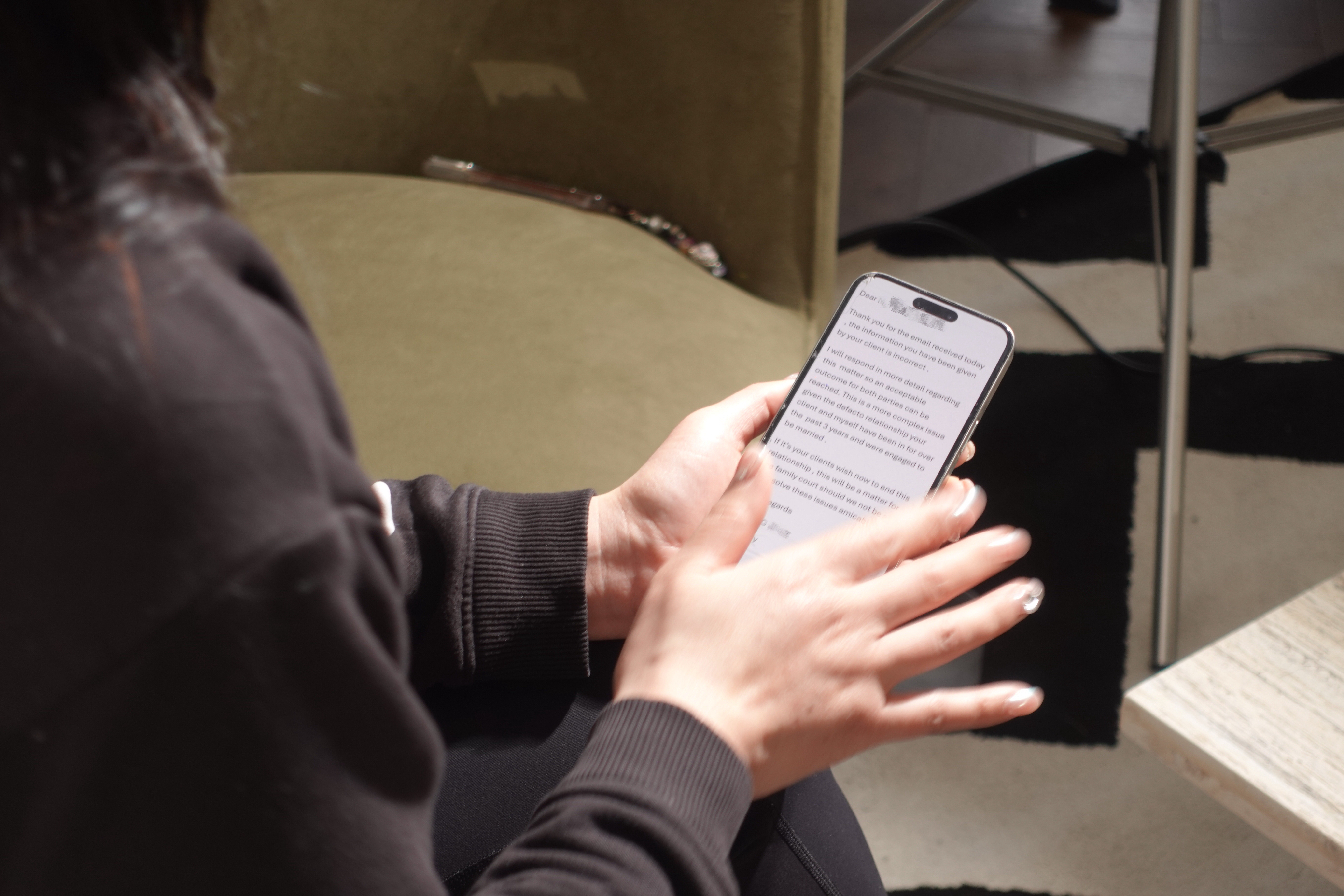
Through Mark's "investment advice", several women were persuaded to pour their money into property deals that later turned sour.
K said she lost more than half a million dollars over the course of the relationship.
'Chinese red'
Jessica met Mark in early 2023. He showed up to their first date in a bright red shirt. "He told me it was 'Chinese red'," she recalled.
At the time, Jessica had just migrated from China to Australia with her daughter. She had no plans to date local men.
"I told him that my English wasn't good," she said. "He said, 'That's okay. I'll teach you'."

"He's British, and he behaved just like a gentleman — polite, humorous, and confident."
At first, they saw each other almost every day. But every weekend, he would vanish — no calls, no texts.
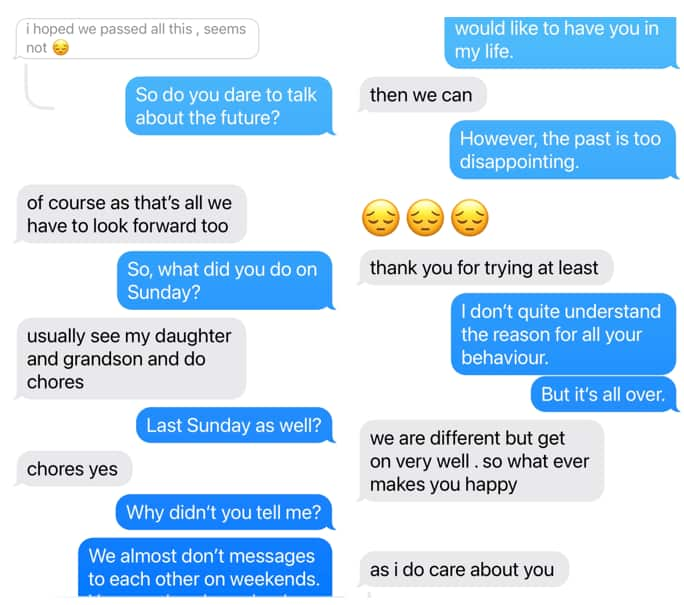
Then, like clockwork, he would reappear on Sunday night or Monday morning with a convenient excuse: a motorbike trip, moving house, friends visiting, overtime at work.
One day, Jessica decided to surprise him. She drove to his house — only to find another woman living there. That "ex-girlfriend" told her about K.
'His goal was economic control'
K believes Mark preyed on Chinese migrants' strong trust in real estate as a source of financial security.
He introduced women to property deals, collected commissions, and used cohabitation to claim de facto relationship rights over their assets.
"One woman's property was even carried in his name through this tactic," K said.
"His goal was economic control, disguised as love," she said. "He didn't rob you outright. He chipped away slowly, softly — until one day you looked up and realised the money, and the trust, were gone."
Under Australia's Family Law Act 1975, a de facto relationship is when two people live together "on a genuine domestic basis" as a couple — sharing a home, finances, or even children.
Since further legal changes in 2009, de facto partners can make claims on property or finances in the same way as those within marriages.
Melbourne family lawyer Teresa Liu told SBS Mandarin many Chinese migrants are unaware of de facto relationships as a legal concept, as there is no equivalent in Chinese law.
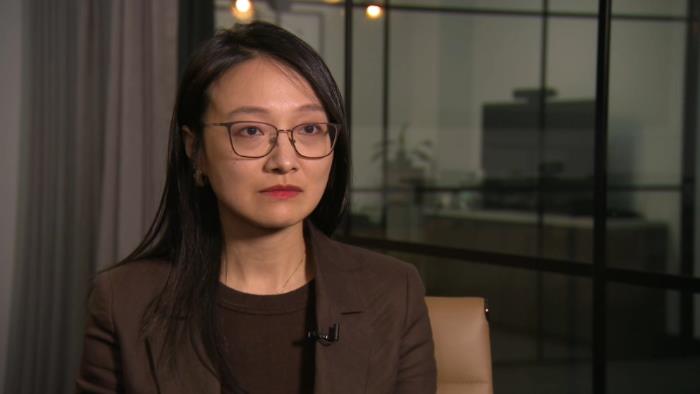
"Many new migrant women think living together doesn't make them a couple," Liu said. "But under Australian law, once a de facto relationship is established, there's no real difference from marriage."
She advised migrants to protect themselves before moving in with a partner — by learning about the person's financial background and signing a binding financial agreement.
"If you contribute significantly to your partner's assets, keep detailed records," she said.
"And avoid mixing personal assets early on — it can make future property disputes far more complicated."
K ended her relationship with Mark in April 2024. Only afterwards did she discover the full extent of his cruelty.
Her then-12-year-old son later revealed Mark had once smeared dog faeces on his face because he hadn't cleaned the living room in time. The dog, ironically, was a gift from Mark himself.
The boy cleaned his face by himself and, out of love for his mother and fear of Mark, kept the incident secret from her.
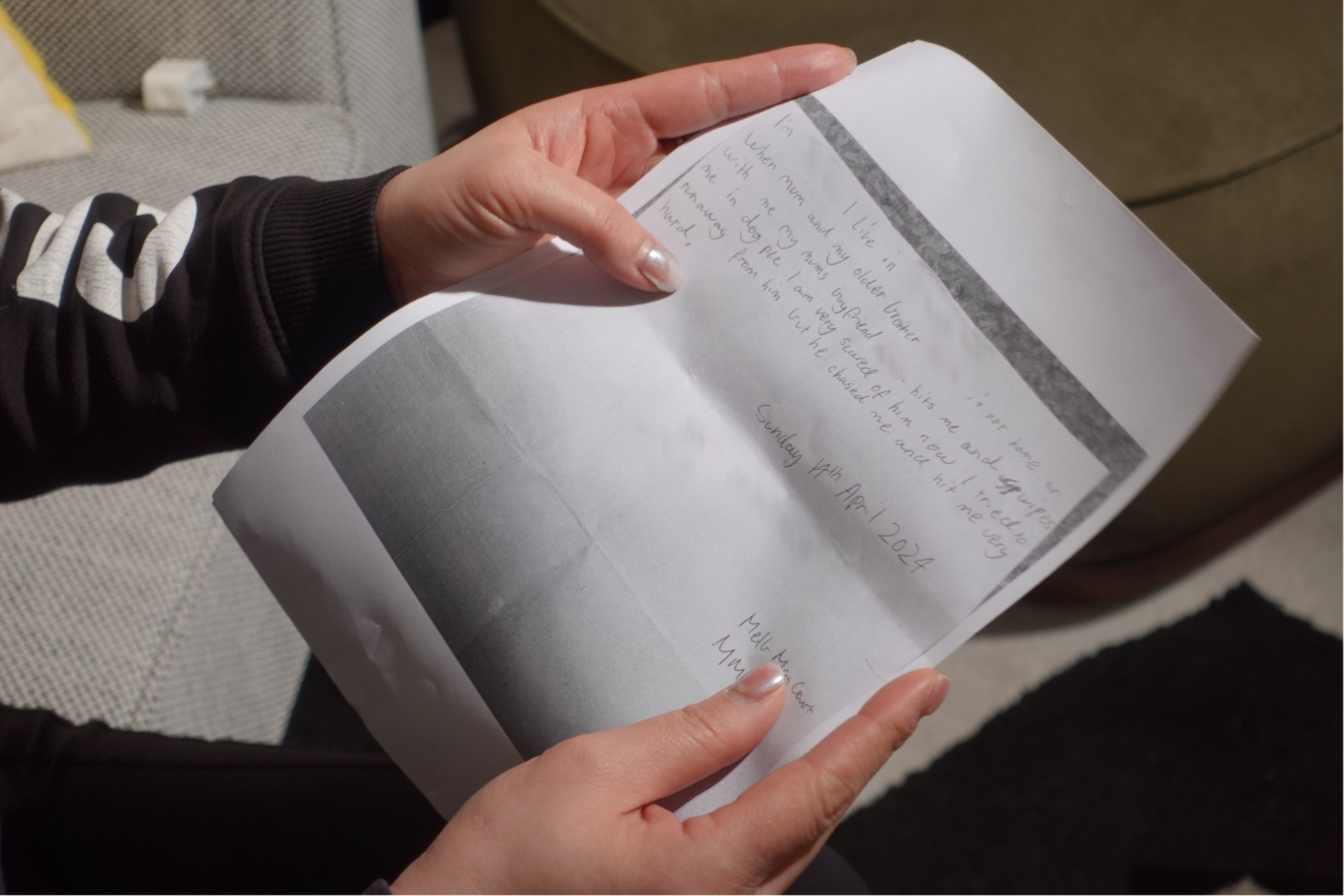
"I was stunned," K said quietly. "It's fine if I was hurt — but why did my child have to suffer too?"
K and her son obtained an intervention order from Victoria Police to stop Mark from approaching them. As part of the case, K submitted her son's handwritten letter and a video testimony.
In the video, the boy said: "When mum and my older brother aren't home, my mum's boyfriend hits me and wipes me in dog poo. I tried to run away, but he chased me and hit me very hard."
Loneliness in a foreign country
Both K and Jessica describe themselves as cautious women — "always on guard", as Jessica put it — yet both still fell into the same trap.
K said she was suspicious when she first met Mark and asked to see his ID. Later, she discovered that the driver's licence he showed her was fake — he was actually five years older than it stated.
They believe their vulnerability came from a shared place: loneliness in a foreign country, and the longing to be understood.
"For women like us in our mid-40s to 50s," K said.
"We're financially stable, but what we really want is emotional connection.
"He knew exactly what I liked — he talked about music, dreams, and life. Through that illusion of romance, he built the image of a stable, successful man I could rely on."
"What's worse is that he counted on us feeling ashamed, blaming ourselves, doubting ourselves, and staying silent," K said.
In October, she sold her house and moved out with her two sons, hoping to close this painful chapter of her life.
"The pain these five years have brought me is beyond words."
"Every time I think about him chasing my child and smearing dog faeces on his face when I wasn't home, I have nightmares."
Now, K has chosen to share her story publicly to warn other migrant women.
"I want women to know — don't rush to rebuild a family just because you want a father for your kids.
"What children really need is happiness and confidence, not just someone to fill that role."
*All names have been changed at the request of those interviewed.
— Additional input from SBS Chinese journalist Fujia Yang
For the latest from SBS News, download our app and subscribe to our newsletter.

